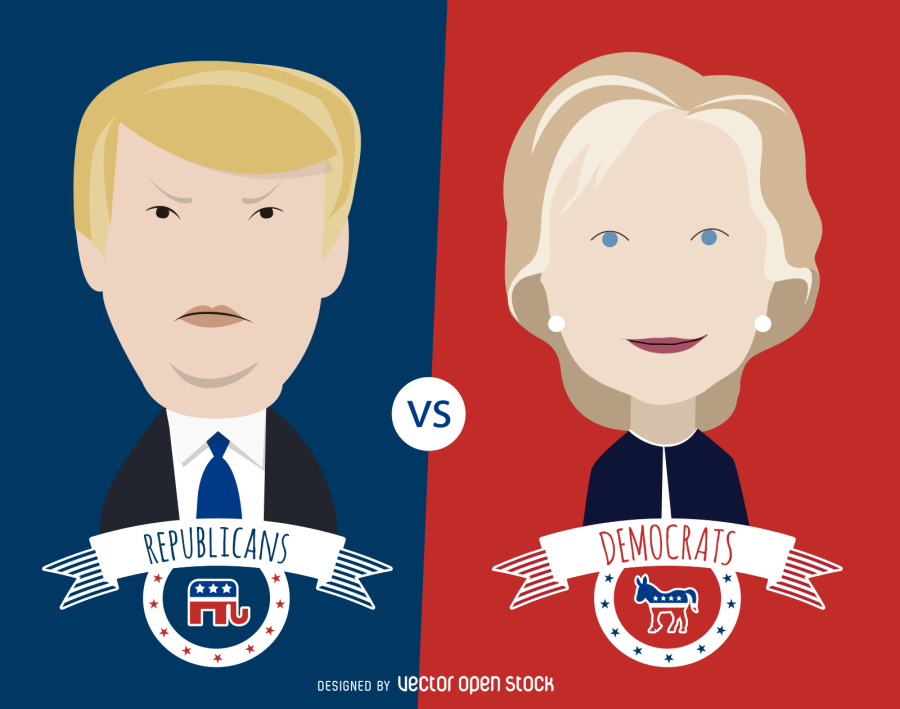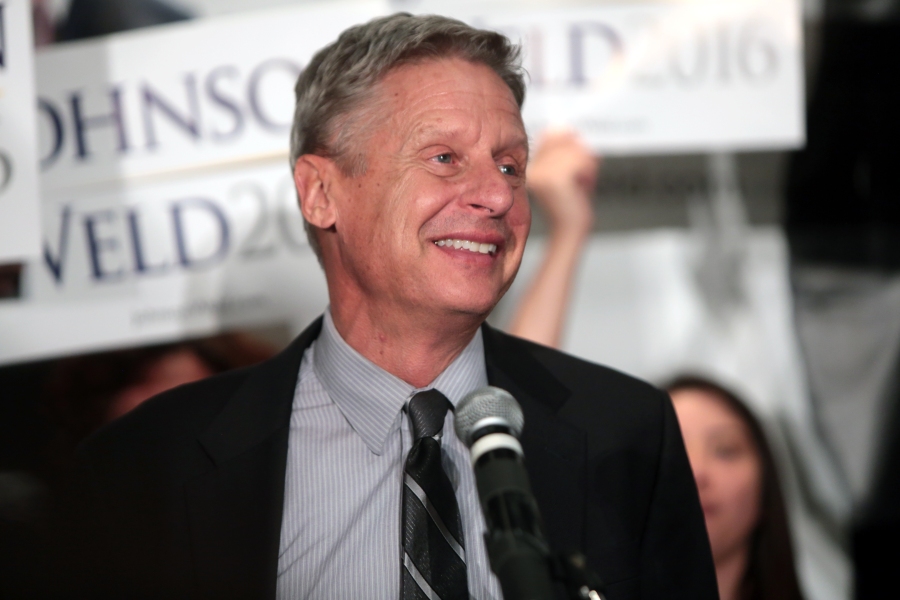
Well before the next President of the United States was elected, fatigue with the two-party system plagued most Americans. This year may have been the breaking point. While the “lesser of two evils” problem with the American system is not a new one, Hillary Clinton and Donald Trump have been the best examples of this dilemma in recent history by far. They were the most divisive candidates in recent memory, leading many voters to either reluctantly pick one, turn to a third party, or refrain from voting altogether – the latter option outperforming the others, with a whopping estimated 41.5% of eligible voters abstaining. But what if that 41.5% had been required to vote?
At current figures, Trump has 26.8% of the vote, and Clinton has 27.6%. About 1% went to Jill Stein with the Green Party and 3.2% to Libertarian Gary Johnson. Again: 41.5% of eligible voters didn’t vote. This is the lowest turnout in 20 years. Historically, in the past few decades, turnout hasn’t been much better. Clearly, many Americans forced to choose between two equally unpalatable candidates simply stay home instead. With only two viable options every four years, and third party candidates unable to make a sizable dent, it’s easy to get cynical. The system is self-perpetuating: about half of Americans vote either Democrat or Republican, a small percentage vote third party, and the rest abstain, leaving only Democrats and Republicans in the race. However, if voting in the United States were compulsory, perhaps that could change.

Let’s say that 41.5% chunk of the voting population outright refused to vote for either Clinton or Trump, but were required by law to cast a vote nonetheless. There were four other parties on the Presidential ballot this year: Libertarian, Green, U.S. Taxpayers, and Natural Law. The latter two had little to no media presence, while the former were not taken seriously as threats to the status quo. If that 41.5% were split among the other four parties, it would have given Clinton and Trump a much more serious run for their money. And the Presidency isn’t even the most important part – imagine if the Senate and the House of Representatives were no longer split between two parties. It would throw a wrench in the entire political machine that so many decry as broken.

The European Parliament has eight political parties with no majority lead. Canada also has two major parties, but others have threatened their dominance of late. Germany has two major parties, but neither is usually able to win a majority of seats in the Bundestag due to the smaller parties. If Americans are fed up with choosing between Red and Blue, this might be the answer.
It may be overly negative to think that only compulsory voting can trigger the rise of the third party. It’s likely that with or without compulsory voting, third parties will get more attention in the coming decades after this year’s shake-up, but not nearly enough. Compulsory voting could trigger an immediate upset. One four-year cycle could change the face of American politics for good.
Several other countries employ compulsory voting. Belgium, Luxembourg, Brazil, and Australia are all among the countries that require voting and enforce it, though the punishments are often more symbolic than damaging. Some excuse an absence for a valid reason, such as an illness.

I foresee a major problem that compulsory voting would face in the United States: Americans do not like being told what to do. Many would likely argue that being forced to vote infringes on their freedom. I would argue that voting is not just a right, not just a privilege, but a civic duty. A duty is a moral or a legal obligation, and voting could be both. Americans could get used to it. For example, jury duty is mandatory, enforced, and not protested, though people may complain about it.
It’s pointless to speculate who would have won if every American had voted. The electoral college, too, is a separate issue. Nonetheless, Americans are sick and tired of this two-party system. It becomes more and more evident every election. American politics boil down to Conservative and Liberal, with little to no room for anything in between or outside of those views, leaving our country in a constant game of tug-of-war from left to right and back. A lot of Americans are sick of watching the game, ready to call it a day. Why don’t we start a new game instead?
Click here for more on World Politics.
Click here for more by Alexander Pitts.
The Euroculturer Recommends:
“Alone together: The UK and US Special Relationship in the Trump Era” by Arne van Lienden
“Putting Life on Hold: Teaching English Abroad” by Adam Rozalowski
“Plotting Elena Ferrante: An Anonymous Writer’s Map to Freedom” by Rohan Kumar

3 thoughts on “Fixing America’s Two-Party System”